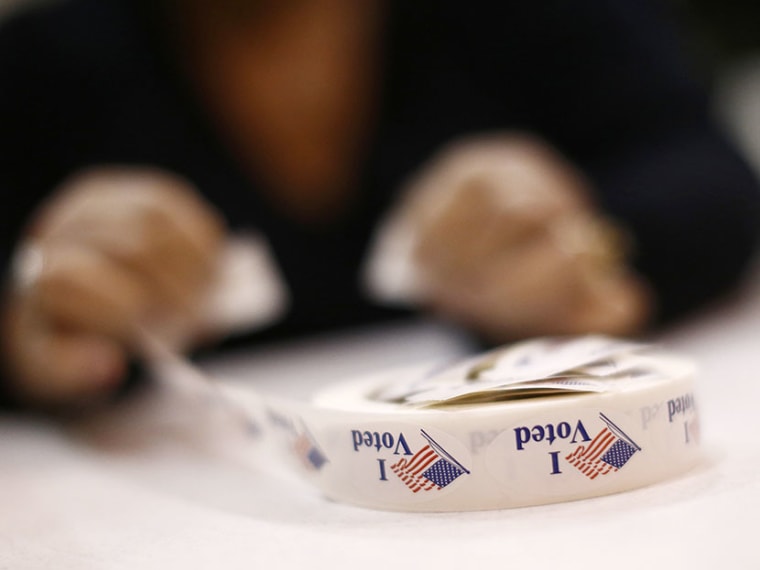Just 22 days after the Supreme Court struck down a key part of the Voting Rights Act (VRA), the Senate is launching a debate on how Congress can revive one of the linchpins of the civil rights agenda.
On Wednesday, the Judiciary Committee begins its first hearing, “From Selma to Shelby County,” on the VRA after the Supreme Court’s decision in Shelby. (The decision invalidated the formula that the law had used to patrol voter discrimination in certain regions of the country.)
A close reading of the witness list suggests one good sign for reform.
Republican congressman Jim Sensenbrenner is going to testify. That means a few things.
First, the Senate and House are proactively coordinating a legislative strategy for the VRA – a rarity nowadays. (There are indications the House will hold hearings in July.)
Second, at least some insiders want VRA reform to be a bipartisan winner, not a partisan failure that one side can simply use against the other in 2014.
And third, there are some reasonable Republicans left in the building.
Sensenbrenner has been a friend of voting rights legislation. As the Republicans’ Judiciary Committee Chairman, he led the last VRA reauthorization. And the one before that – as he likes to remind people.
“I was proud to lead Republican efforts to renew expiring provisions of the Voting Rights Act in 1982,” Sensenbrenner declared in a floor statement during the 2006 debate, “and I am pleased to have authored this important legislation to do the same a quarter century later.”
The 70-year-old Wisconsin Republican has conservative credentials on a range of legal issues, from introducing the Patriot Act to authoring stringent immigration rules to serving as a House manager for impeachment proceedings against President Clinton.
Sensenbrenner has used some of that clout to combat what he calls “our country’s ignoble history of racial discrimination.” He credits the VRA–and specifically its rigorous supervision under Section 5–with “dramatically” reducing discrimination and ensuring “minority citizens” have “an equal opportunity to participate in the political process.”
Meanwhile, most Republican leaders have been evasive about the need to renew the VRA after the Supreme Court ruling. (That includes current Judiciary Chair Bob Goodlatte, who has declined to say whether new legislation is necessary.) By contrast, Sensenbrenner announced his disappointment with the Shelby decision and a desire to update it.
He needs to bring some of his fellow Republicans around to that view. Wednesday’s hearing will be the first big step in that strategy.
